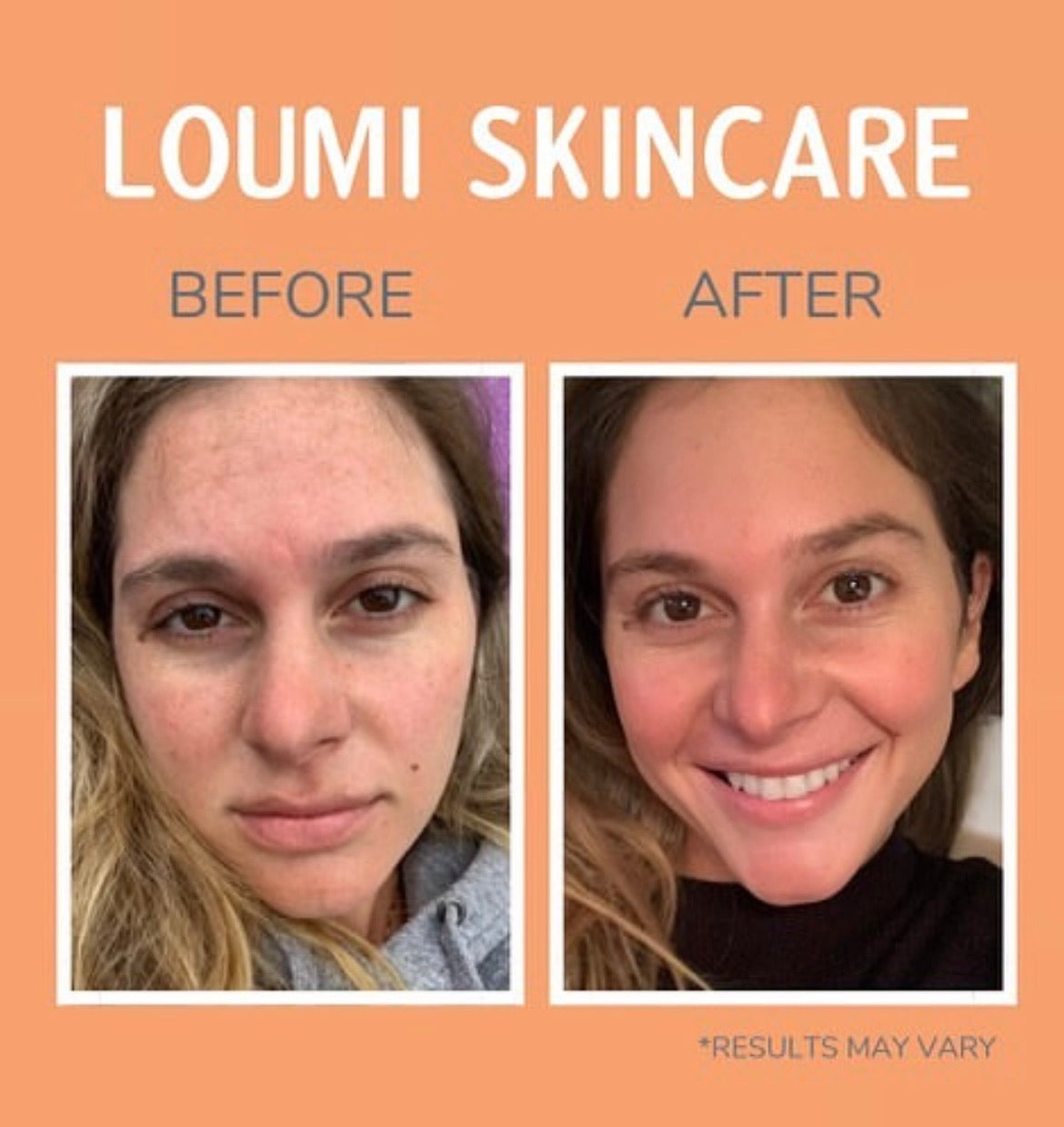
In the world of skincare, the term "hypoallergenic" frequently appears on product labels and marketing materials. But what exactly does hypoallergenic mean, and why should you care? Let's dive into the specifics of hypoallergenic skincare and what it means for the products you choose.
What Does Hypoallergenic Mean?
Hypoallergenic refers to products that are less likely to cause allergic reactions. The term combines "hypo," meaning "less than," with "allergenic," which relates to allergens—substances that can cause allergic reactions. Hypoallergenic products are formulated to minimize the risk of triggering allergies, making them suitable for people with sensitive skin or allergies.
What Does Hypoallergenic Mean for the Products You Buy?
When you see "hypoallergenic" on a product label, it indicates that the product has been designed with ingredients less likely to cause an allergic reaction. This is especially important for items that come into close contact with your skin, such as skincare products, cosmetics, and even clothing.
Hypoallergenic products often exclude common allergens like fragrances, certain preservatives, and harsh chemicals. However, it's essential to remember that "hypoallergenic" does not mean "allergen-free." While these products are less likely to cause a reaction, they can still contain ingredients that might affect some individuals.
Hypoallergenic Skincare: Why It Matters
For skincare, hypoallergenic products can be a game-changer, especially for those with sensitive skin, eczema, or other skin conditions. Here’s why hypoallergenic skincare matters:
-
Reduced Risk of Irritation: Hypoallergenic skincare products are formulated to be gentle on the skin, reducing the risk of irritation and redness. This is crucial for maintaining a healthy skin barrier, especially if you have sensitive skin.
-
Peace of Mind: Knowing that your skincare products are less likely to cause an allergic reaction can provide peace of mind. You can use these products without constantly worrying about potential breakouts or irritation.
-
Better Skin Health: Consistent use of hypoallergenic skincare can lead to better overall skin health. By avoiding harsh chemicals and allergens, your skin can focus on healing and maintaining its natural balance.
What If Your Skincare Isn't Hypoallergenic?
Using non-hypoallergenic skincare products can increase the risk of experiencing allergic reactions, especially if you have sensitive skin. Symptoms can range from mild redness and itching to severe rashes and hives. In some cases, repeated exposure to allergens can lead to long-term skin issues, such as chronic dryness, eczema, or dermatitis.
If you experience these symptoms, it might be worth reviewing the ingredients in your skincare products and switching to hypoallergenic options.
LOUMI Skincare: Hypoallergenic and Sensitive Skin-Friendly
At LOUMI Skincare, we understand the importance of hypoallergenic products, especially for those with sensitive skin. Our entire range is designed to be gentle, effective, and safe for all skin types, particularly sensitive ones.
Our products are vegan, cruelty-free, and free from parabens, sulfates, gluten, and GMOs, ensuring that they are not only kind to your skin but also to the environment. If you're looking for hypoallergenic skincare that delivers results without compromising your skin's health, LOUMI Skincare is the perfect choice.
Discover our LOUMI Skincare collection today and experience the difference hypoallergenic skincare can make!
Conclusion
Understanding the importance of hypoallergenic products can transform your skincare routine, leading to healthier, happier skin. By choosing hypoallergenic skincare like LOUMI Skincare, you can minimize the risk of allergic reactions and enjoy the benefits of gentle, effective skincare. Remember, your skin deserves the best, and hypoallergenic products are a step in the right direction.
